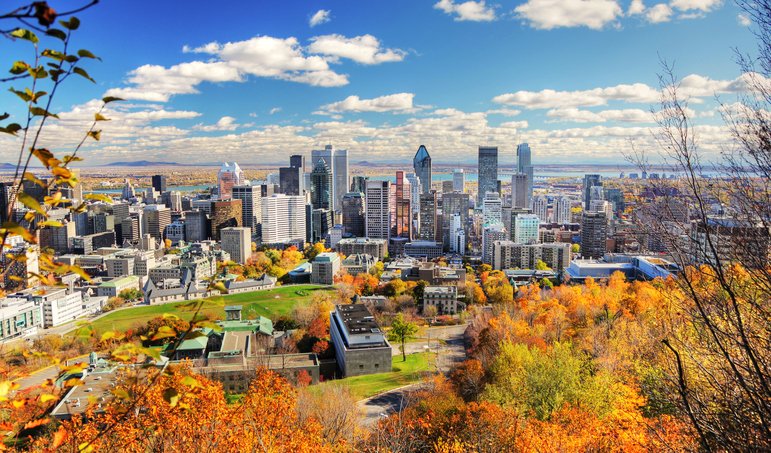How to live in harmony with nature
At Nairobi’s six-day fourth round of negotiations, delegates will continue progress on the Global Biodiversity Framework, building on the work undertaken in Geneva in March.
The goal is to finalise the text for COP15, setting out parties’ ambitions, goals and related targets towards the 2050 vision of ‘living in harmony with nature’. These include targets related to conservation, sustainable use and benefit-sharing, as well as addressing drivers of biodiversity loss subsidies and finance.
The role of Indigenous peoples, local communities, youth and women and other stakeholders will be strengthened, and a timeframe will be set for implementation, the mobilisation of resources and regular progress reviews to 2030.
The contribution of nature to climate change mitigation and adaptation and to other sustainable developing goals will be set out, and a pathway charted to an agreement on the sharing of benefits from Digital Sequencing Information on genetic resources.
The co-chairs of the negotiations, Francis Ogwal of Uganda and Basile van Havre of Canada, expressed confidence that ‘delegations will come with a mandate for compromise and consensus that will enable them to work through differences in a constructive way.’
‘It is with great pride that I can confirm Canada will welcome the world to Montreal in December 2022 for COP15. There is an urgent need for international partners to halt and reverse the alarming loss of biodiversity worldwide. With up to one million species currently at risk of extinction worldwide, the world cannot afford to wait any longer for global action on nature protection. Canada will continue to advocate for international collaboration on an ambitious Post-2020 Global Biodiversity Framework.’
THE HONOURABLE STEVEN GUILBEAULT
Minister of Environment and Climate Change
What is the CBD?
Opened for signature in 1992 at the Earth Summit in Rio de Janeiro, and entering into force in December 1993, the CBD is an international treaty for the conservation of biodiversity, the sustainable use of the components of biodiversity and the equitable sharing of the benefits derived from the use of genetic resources.
With 196 parties, the CBD has near-universal participation among countries. The CBD seeks to address all threats to biodiversity and ecosystem services, including threats from climate change, through scientific assessments, the development of tools, incentives and processes, the transfer of technologies and good practices and the full and active involvement of relevant stakeholders including indigenous peoples and local communities, youth, women, NGOs, sub-national actors and the business community.
The Cartagena Protocol on Biosafety and the Nagoya Protocol on Access and Benefit-Sharing are supplementary agreements to the CBD.
The Cartagena Protocol, which entered into force 11 September 2003, seeks to protect biodiversity from the potential risks posed by living modified organisms resulting from modern biotechnology. To date, 173 parties have ratified the Cartagena Protocol.
The Nagoya Protocol aims at sharing the benefits arising from the use of genetic resources in a fair and equitable way, including by appropriate access to genetic resources and by appropriate transfer of relevant technologies. Entering into force 12 October 2014, it has been ratified by 135 Parties.
 Play Video about This Rock Might Just Save The World
Play Video about This Rock Might Just Save The World Play Video about Play 2 hours of rock
Play Video about Play 2 hours of rock Play Video about Play 2 hours of brook
Play Video about Play 2 hours of brook Play Video about Play 2 hours of sheep
Play Video about Play 2 hours of sheep











































